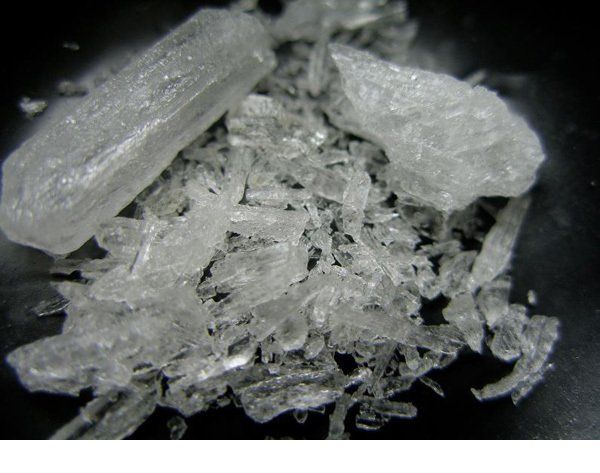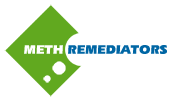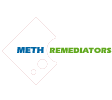The Importance of Meth Testing and Clean Up in Your Properties
Methamphetamine factories, also known as meth labs, have been found in unlikely places from hotel rooms and vehicles to college campuses and urban houses. The most common of them all and one that makes most sense is a rental or private home. Hiding the lab in plain sight has been proven effective; as such places would not invite any unnecessary attentions from neighbors, visiting relatives, and even law enforcement agents. After all, what you do in your private property is your own business; until criminals get caught, they think it is safe to cook meth inside their homes. The problem is that after the previous dwellers have left the houses and meth productions have stopped, there is still great risk of meth contamination from the residues.
According to Scripps Howard News Service , currently just a little over half of the states in the country enforce laws which require meth contamination disclosure to potential buyers and tenants. With the exception of New Hampshire , all states in New England have no such laws. This means home owners and tenants are at serious health risk implications due to the possible presence of meth residue in their living spaces.
Only 17 states require landlords to tell tenants about the issue, and only 14 states make hotels disclose contamination. In few states, no such disclosure is necessary once the meth reside has been cleaned up. DEA is now posting a national clandestine drug lab registry , and please keep in mind that the registry is filled only with properties that have been discovered as meth labs in the past. You must treat the registry as a conservative database and assume that there are more houses out there with meth residue or even currently in use as meth labs. Based on DEA data, New England’s next closest big state, New York , has more meth labs than all states in New England combined.
Why It Matters
Methamphetamine (also referred to as Crystal Meth, Ice, or Dope) contains highly poisonous chemicals. It vaporizes when heated and is absorbed easily by surfaces, furniture pieces, and structural features of properties including but not limited to curtains, sofa, bed, walls, and carpets. Basically all forms of fabrics and filters in homes can easily absorb and retain meth residues; even the soil around the house can be contaminated. Home owners and anybody else who come into contact with the residue may suffer from various health conditions such as fatigue, dizziness, nausea, headaches, and difficulty breathing.
Once meth has contaminated the house, it is very difficult and potentially expensive to remove it. One of the most effective methods is to simply remove/replace all the contaminated materials. The question is how we tell whether or not particular parts of the house contain the residue. The most sensible solution is to have the properties tested for the residue before you decide to purchase or rent them. Testing for meth residue consists of two major stages:
- Taking samples by wiping the entire surface of the property
- Testing the samples in a laboratory
For best result and to increase the likelihood of identifying potential problems, you will want to take samples from as many surfaces as you can. Ideally you will want every single room in the house tested. Meth residues accumulate in areas where meth-related activities take place. More often than not, people who cooked meth in the property also used/consumed the drugs; however, they cooked and used it in different places in the same house. If you decide to only take samples from several areas while leaving others untested, meth residues can be missed and the health risk is inevitable.
As mentioned earlier, all states in New England except New Hampshire have no laws enforcing meth contamination disclosure to home owners and tenants. It also means that landlords and previous owners have no obligation to have their properties tested before they list them in the market.
In case you are in the market for a new home, you must ask for prior testing either by the department of environmental services or licensed hazardous substances removal services. While it does cost a considerable amount of money, you get the peace of mind and chance to make an informed decision concerning your purchase. In the event the damage due to meth residue is too severe, the only remedy is to demolish the property. It makes no sense if you purchased the house only to demolish it after the test. Therefore, you need to have the property tested before you buy or rent.
Assuming a property has been used as a meth lab, it is considered uninhabitable until decontaminated. Because people in Maine , Vermont , Massachusetts , and New York do not have the advantage of informed decision, unless they have the properties tested prior to the purchase/rent, they often suffer a number of health issues including toxicity. Vaporized meth residues enter the body not only by inhalation but also absorption by the skin. In severe cases or when the contamination level is too great, health risks may include cancer, kidney damage, respiratory problems, and even death. Chemicals used in meth labs are also highly combustible and therefore there is serious risk of explosion.
Cooking vs. Using Meth
It has been understood that people who live in properties previously used as a meth lab are in greater risk of health implications for example dermal effects and respiratory diseases. On the other hand, people dwelling in houses where previous tenants/owners smoked methamphetamine have lower risk of toxicity. However, serious health risks exist in both cases.
Before you purchase or rent a new property, ask to have it tested! We provide testing services. If you find there is a problem, call us. We can also remove the toxins.


